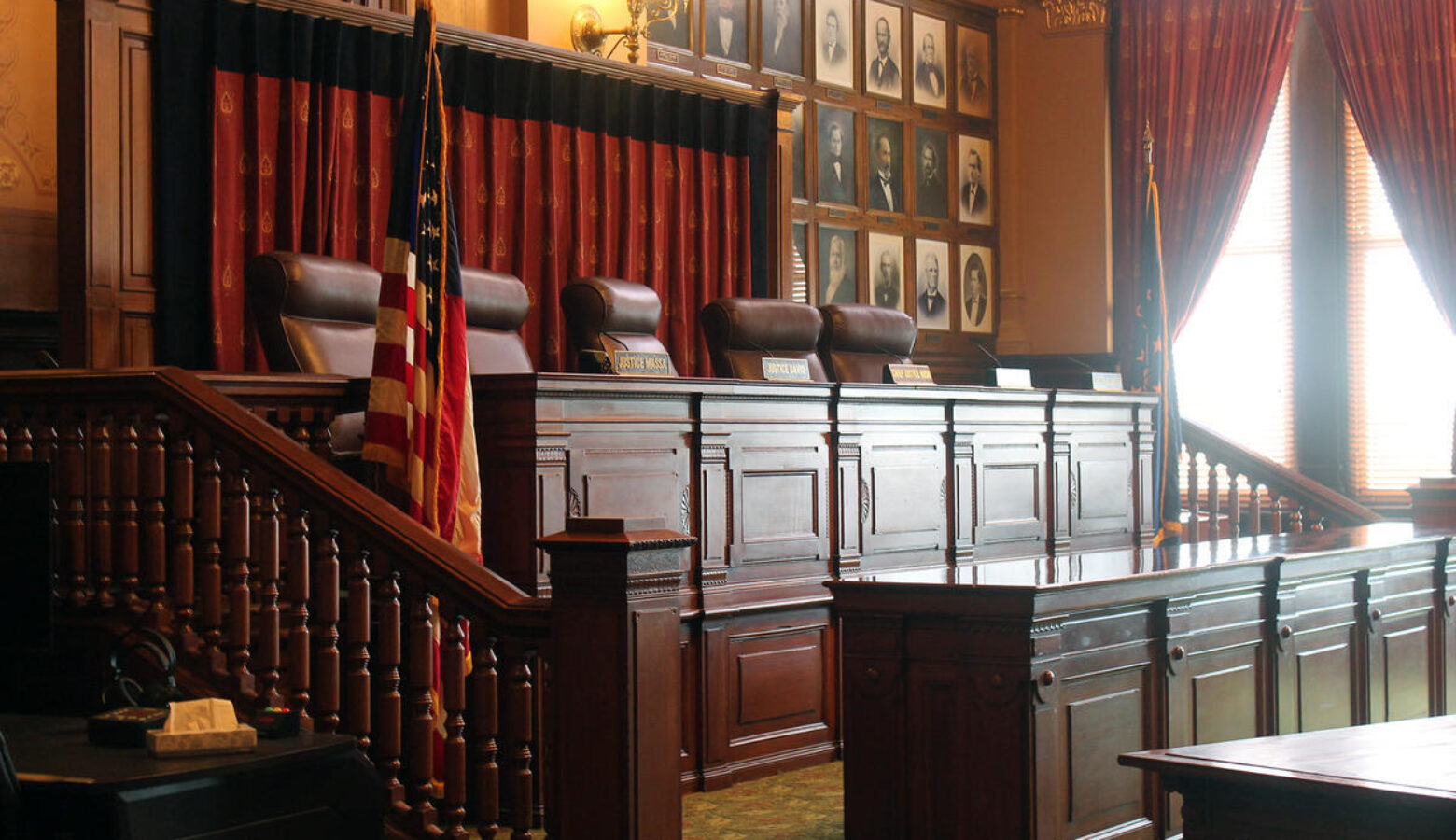Supreme Court to weigh if child molestation victims should be forced to give depositions

Children who are victims of molestation could be forced to do pretrial interviews with their alleged molesters if the Indiana Supreme Court strikes down a recent state law.
The Court heard arguments in the case Thursday.
A 2020 statute, SEA 206, said that, except in very limited circumstances, people accused of molesting a child under age 16 couldn’t take depositions from their alleged victims.
Steven Church was charged with molestation in Marion County and challenged that law. His attorney Matthew Strzynski said state courts have repeatedly ruled that when a state law on court procedures conflicts with Indiana Trial Rules, the trial rules win out.
“This greatly revises the rules of procedure for criminal defendants,” Stryzynski said. “That is the function of the judicial branch, under the state of Indiana.”
Join the conversation and sign up for the Indiana Two-Way. Text “Indiana” to 73224. Your comments and questions in response to our weekly text help us find the answers you need on statewide issues.
Deputy Attorney General Ellen Meilaender said the law is about more than procedure. She said it’s about the legislature making a substantive policy change, to protect children.
“Even when a defense counsel is very civil and is trying their best not to traumatize the child, just the experience of doing, of the high stress environment of an adversarial deposition, is traumatic for a child,” Meilaender said.
Meilaender also pointed out that there’s often much more evidence for the defense to consider, including often a recorded interview between law enforcement and the alleged victim.
There’s no timetable for when the Supreme Court will make its decision.
Contact reporter Brandon at bsmith@ipbs.org or follow him on Twitter at @brandonjsmith5.
